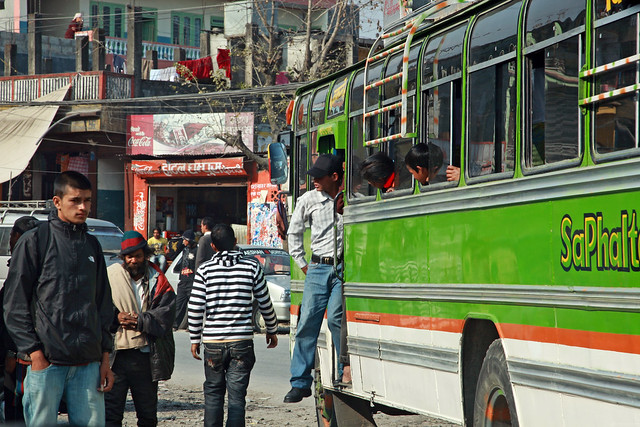Overview
Economic growth is expected to remain strong, driven by tourism, but fiscal and external challenges pose significant risks. A sharp decline in official reserves and persistent fiscal imbalances have raised concerns about liquidity and solvency, necessitating urgent fiscal adjustments to maintain macroeconomic stability. Supporting the vulnerable population amid potential income and welfare losses is essential.
Tourism continues to boost economic activity and government revenues, with increased arrivals from China, Russia, and the UK. Recent government spending increases and reliance on external, non-concessional financing for infrastructure projects have worsened fiscal vulnerabilities, raising public debt.
Current fiscal pressures are heightened by continued blanket subsidies, support for underperforming state-owned enterprises (SOEs), and high public health spending. This has led to reduced capital spending, delayed payments, and concerns over the construction sector��s financial stability.
In February 2024, the government proposed fiscal reforms, including phasing out subsidies and introducing targeted cash transfers, as well as improving health spending efficiency. The reforms, however, remain unimplemented, and sudden subsidy removal could significantly increase poverty, emphasizing the need for a comprehensive communication with the public.
Recent economic developments
The economy grew by 4.1% in 2023 and 9.8% in Q1 2024, with tourist arrivals projected to reach a record 2 million in 2024, 8.6% higher than in 2023.
Domestic inflation stayed low at 0.5% in H1 2024, but food inflation surged to 6.7%, raising living costs, especially for poorer households. The trade deficit widened to $1.5 billion in H1 2024 due to a 45.5% drop in fish exports and a 6.4% increase in imports. Rising import costs and debt repayments reduced official reserves from $590.5 million in December 2023 to $395.4 million in July 2024, while usable reserves fell to a record low of $43.7 million.
Recurrent expenditure fell by 7.2% in H1 2024, but capital spending plummeted by 47.6% due to infrastructure spending cuts. Total expenditure is set to moderate, but expenditure arrears are building up. Revenue collections dropped by 5.7%, keeping the fiscal deficit at 12.8% of GDP. The central bank's exposure to government securities increased to 61% of its assets by mid-2024, reflecting ongoing domestic and external financing challenges.
Outlook
The economy is expected to grow by 4.7% on average over the medium term, slower than the pre-pandemic average of 7.4%. This projection depends on significant fiscal adjustments, which could reduce real household incomes and cut government spending. Inflation is expected to rise due to planned subsidy reforms. If the government's fiscal reform plan is implemented on time, the fiscal deficit may narrow from 12.7% of GDP in 2023 to 6.1% by 2026, with public debt decreasing from 122.8% of GDP in 2023 to 111.4% in 2026.
The poverty outlook remains uncertain, influenced by the timing and impact of reforms and the design of cash transfers. Without mitigating measures, removing subsidies could double poverty rates. A universal cash transfer might only partially offset welfare losses, but targeted cash transfers could fully compensate for those in the bottom 60% of income distribution.
The current account deficit is projected to decrease from 21.2% of GDP in 2023 to 12.1% by 2026, aided by strong service exports and slower import growth. However, high external financing needs and debt servicing pose risks to reserves and economic stability. Delays in fiscal reforms or a downturn in tourism could worsen the economic outlook and deepen existing vulnerabilities.
Last Updated: Oct 10, 2024


